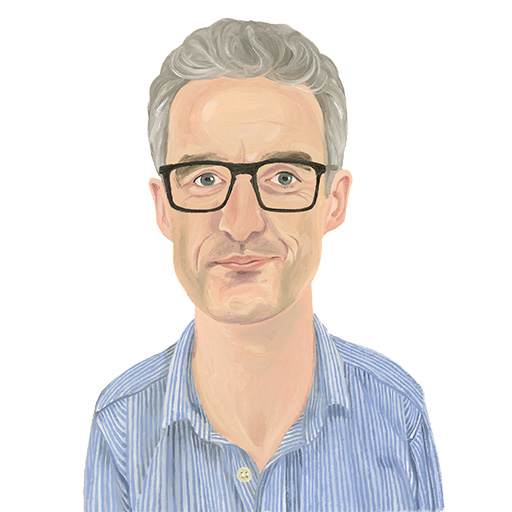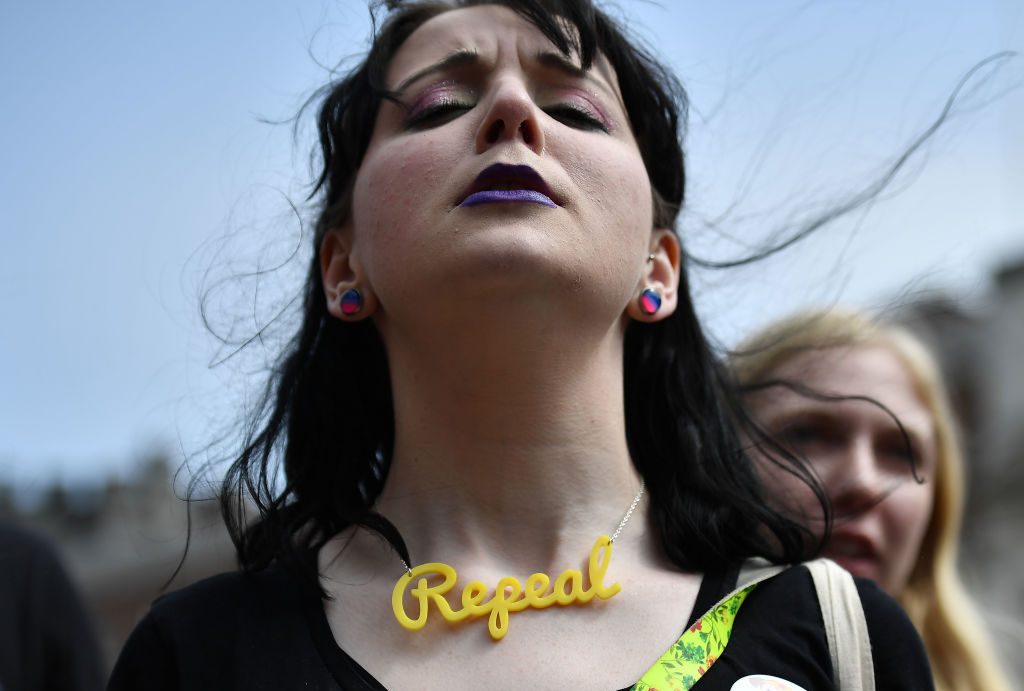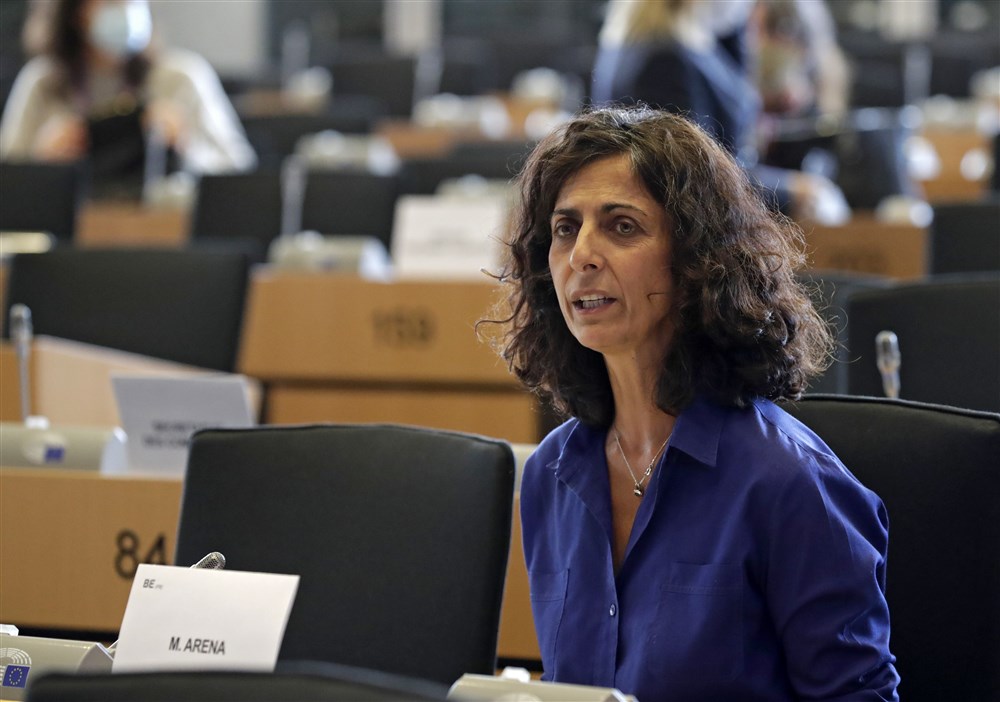Europeans love to criticise and blame the US. This is especially true with the culture war. Some Europeans, not entirely without justification, pin the blame on our friends on the other side of the Atlantic.
They see the US as the manufacturer of influential concepts such as critical race theory (CRT), gender identity and queer theory that are having such a divisive impact in Europe on civil society and community cohesion. But these criticisms directed to the US tend to leave out a significant fact. Many of the theories underpinning the most contentious hot-button issues of the moment were founded upon abstract philosophies started in Europe during the 1960s and ‘70s. These were then exported to the US where they became turbocharged before being sent back to haunt the EU.
“We’ve got Derrida, Lyotard and Foucault to thank for the idea that there is no objective truth,” Dora Moutot, author of Mâle Baisées — an analysis of modern female sexuality — and co-founder of feminist website Femellist, writes in UnHerd.
It was this “group of postmodern French philosophers”, Moutot says, who introduced to the world the idea that there isn’t “a single innate meaning in anything” and so we should challenge norms and “deconstruct language, science, even our human nature.”
Jacques Derrida, Jean-François Lyotard and Michel Foucault were massive figures in France’s intellectual scene during the 1960s and ‘70s and between them gave us the theories of “deconstruction”, “postmodernism” and “poststructuralism” that were sledgehammers to traditional Western metaphysics and philosophy. Their theories pushed notions such as the latent instability of meaning, while rejecting the concept of frameworks and structures as being conduits to “truth”.
If these intriguing propositions had simply stayed circulating among the French, it might not have proved a problem, Moutot explains: “In France, we are philosophers. We enjoy ideas for their own sake and have no problem with letting a concept stay as it is–conceptual.”
But, she notes: “Americans are different”. That often-noble strain of American can-do, proactive attitude saw US activists “apply theory to the real world” and “to American culture and political activism”. This resulted in “post-colonial theory, gender theory and, inevitably, transgender ideology: the idea that language and biological sex can be deconstructed”.
And then: “the Americans threw it back at us.”
One of the results, Moutot says, is that French feminism is dying as it is eaten alive by transgenderism:
I wrote a long article for @unherd about how french feminism ?? is dying and how it has been eaten by transgenderism.
✊ Please TAG people who should read it : @jk_rowling @jordanbpeterson @MeghanEMurphy @MattWalshBlog
— Dora Moutot (@doramoutot) June 27, 2023
One of the key problems Moutot identifies (and which alarmingly still doesn’t get as rigorously interrogated by mainstream media as it should) is the degree to which the State is getting involved — while only taking one side. She highlights how in 2022, Le Planning Familial (PF), a state-funded network of organisations providing sex education and reproductive services in France, launched a campaign with an illustration of what was labelled a “pregnant man”. The poster read: “At Planning, we know that men can get pregnant, too.”
La 3e affiche de la série que j’ai eu l’honneur de réaliser pour le #PlanningFamilial
Le PF c’est : des outils pour mieux connaitre son corps, contraceptions, IVG, santé sexuelle.. sans jugement ni discriminations. Dans un monde de + en + conservateur le PF est vital pr toustes pic.twitter.com/NWRjB49mEq— LaurierTheFox #StopMutilationsIntersexe (@Laurier_the_Fox) August 17, 2022
This is an organisation also providing sex education in French schools, Moutot notes, adding how French children “are no different from those the world over: curious, vulnerable, easily influenced”. Hence the more they are steeped in “this new language and ideology”, she says, “the more they are choosing to reject the traditional gender binary and asserting their right to identify as trans or non-binary”.
Increasing numbers of studies and polls illustrate a significant spike — most significantly in the US, for now — in the number of young children and teenagers identifying as trans compared to rates in previous decades.
At a recent panel discussion in Brussels on “Education Not Indoctrination” involving speakers from the US conservative think-tank Heritage Foundation, the same two concerns were aired: the problem of gender identity indoctrination, especially in European schools, and how blame for this could not be simply laid on the US.
“You say [to the US], Stop exporting these ideas! Yes, but they were originally exports from Europe,” said Mike Gonzalez, a former Wall Street Journal editor and aide during the second Bush administration, before describing how the US then “added value” — I believe he was being ironic — “before sending back”.
Again, as with Moutat’s points, one of the most troubling aspects of the discussion was the apparent level of institutional capture and bias on the part of education providers and teachers. Scotland is one of the most stark examples.
Scottish schools are increasingly pushing a “politicised gender-based education”, said Penny Lewis, a university lecturer and member of the Scottish Union for Education, an organisation recently founded by parents, teachers, and lecturers to counter the Scottish government’s education policy. In 2021 Scotland became the becomes first country in the world to embed LGBTQ+ education in school curriculum, with school staff having to take basic LGBTQ+ awareness training.
Many of these trends have been hypercharged by the Covid lockdowns. Lindsey Burke, director of the Centre for Education Policy at the Heritage Foundation, explained how the experience of Covid-19 in the US had “broken the faith” that many parents had in US schooling.
Parents were dismayed during the pandemic at how many schools “kept their doors shut long after it was safe”. Added to this, parents discovered — through observing their child’s online learning — how much content was geared around contentious social issues rather than supporting foundational teaching in traditional subjects.
As a result, Burke says, a “paradigm shift” is occurring, as US parents pull children from state schools and choose other educational options.
If the US is now turning hard against wokery, might the next US export to the EU be the constructive measures, with a touch of fighting spirit too, on how to counter the ideological pressures and groupthink that is being pushed in so much media and across so many European institutions and organisations?
“In France, the birthplace of philosophical feminism, the answer to the question ‘What is it to be a woman?’ is no longer obvious to everyone,” Moutot says. “But in France, some women are finally daring to fight back.”






Ireland appears to be the test ground for No Fun Europe